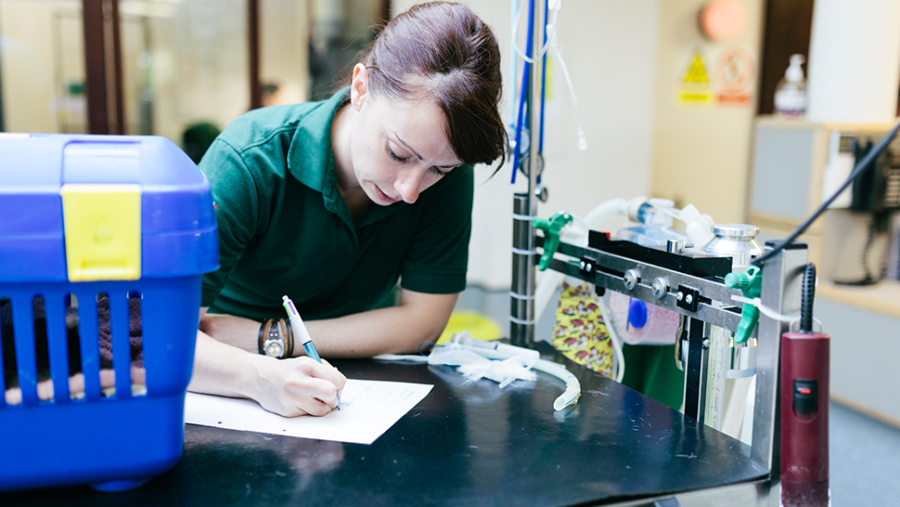

You’re setting up a veterinary practice – how you will fund it, to help growth and development, is crucial. But many of the options available are similar to those open to any start-up.
You will need to invest in the latest technology and equipment which will require a major up-front capital investment and you will also obviously need premises to trade from.
There are several possible sources of finance – the main options are:
Traditional bank loans from high street banks
They may be able to offer lower interest rates than online or challenger banks, but you may find the strict qualifying criteria and requirements (usually three years’ accounts) hard to comply with for a start-up practice without at least 12 months’ trading under its belt.
Equipment/asset finance
Most lenders will fund 80% – 90% of the price of expensive items of equipment such as X-Ray machines, ultrasound scanners etc; this loan will be serviced or repaid over a fixed term with interest. You could end up owning the equipment once the original loan has been repaid.
The three main types of asset finance are:
- finance leases – the renting of equipment in return for fixed monthly payments
- hire purchase (or lease purchase) – similar to finance leasing but you own the equipment once the contract is up and repayments have been made in full
- contract hire – often used for vehicles, with payments spread over the agreed term of the contract.
For a start-up veterinary practice, asset finance is usually a far better option than a traditional bank loan. Budgeting against fixed monthly repayment is easier and repayments could be offset against taxable profits. You might also be able to benefit from some capital allowance tax relief schemes.
Government backed start up loans
You may be able to benefit from a government backed start up loan – an unsecured personal loan of between £500 and £25,000. No personal guarantee is required. Applications are made online through the gov.uk portal.
If you have a UK based business that has been fully trading for less than 24 months or if you plan to start one, you are eligible and will also receive free help and guidance to write a business plan and up to 12 months’ mentoring. There is a fixed interest rate of 6% per annum and loans can be repaid over periods of between 1 and 5 years. There is no application fee and no early repayment fee.
Veterinary practice loans from challenger banks and online funders
You may be able to source an unsecured loan from challenger banks and online funders to fund refurbishment, fit out costs and other capital expenditure. You don’t need to offer business assets as security, but most lenders will require personal guarantees from the individual practitioners or directors if the business is incorporated as a limited company. This will make them personally liable if the business or company defaults on the loan. Do take legal advice before entering into such a guarantee and note that interest rates will be lower if the business is prepared to grant security over its assets or premises for the loan.
Merchant card advances (also known as business cash advances)
If you take credit card payments from clients, these are worth considering – this is an arrangement with a funder where the practice receives a lump sum in return for a small percentage of the practice’s future debit and credit card sales. It is unsecured, so the practice’s business assets are not at risk. Card sales will need to be at a specified level, but repayments remain in sync with the practice’s cash flow.
Business credit cards
This can help build up the practice’s credit rating and is an unsecured finance option. Credit limits for business purposes are generally far higher than for personal use, but interest rates are high, so repayments are more challenging.










